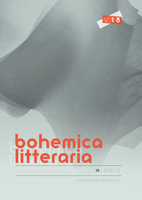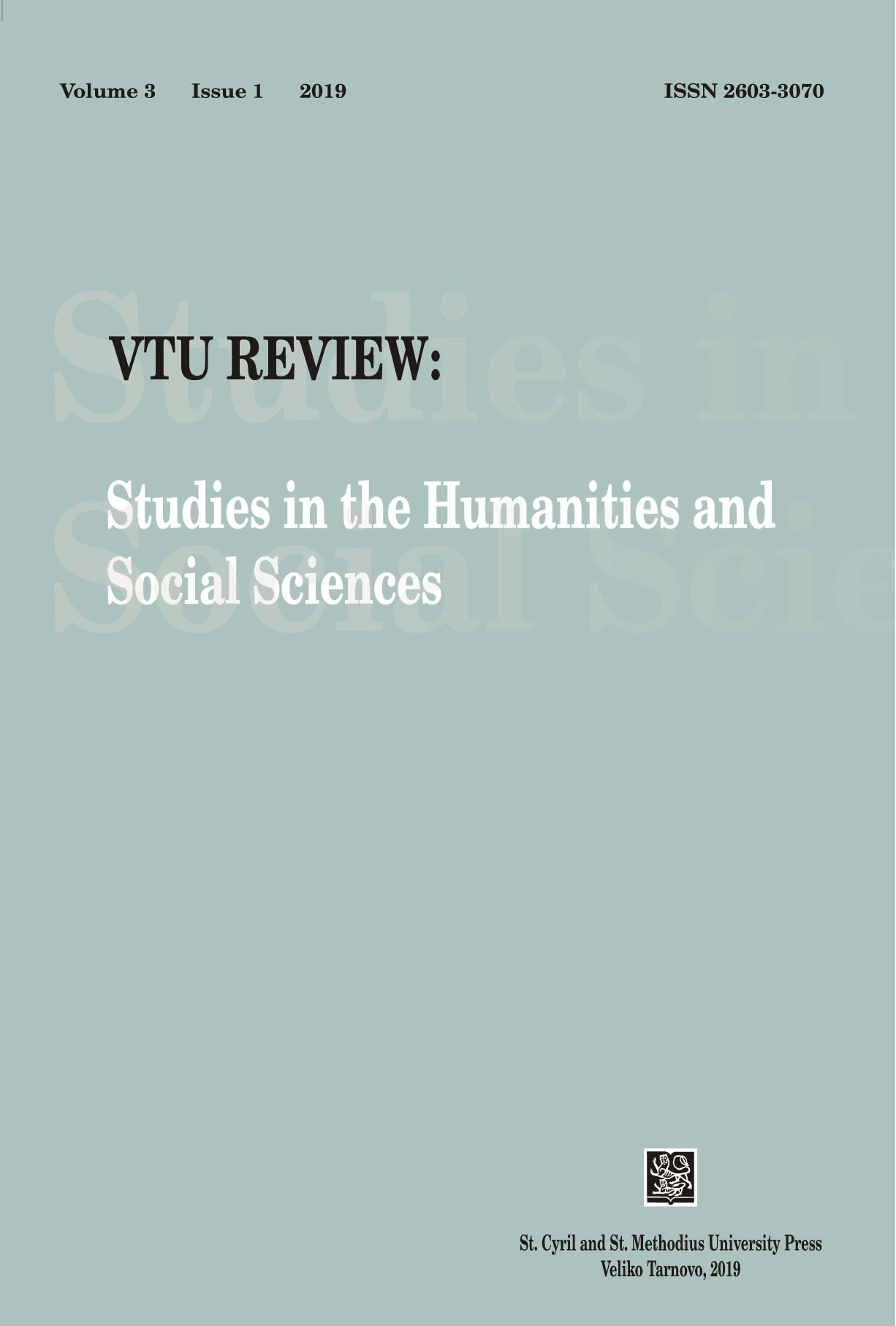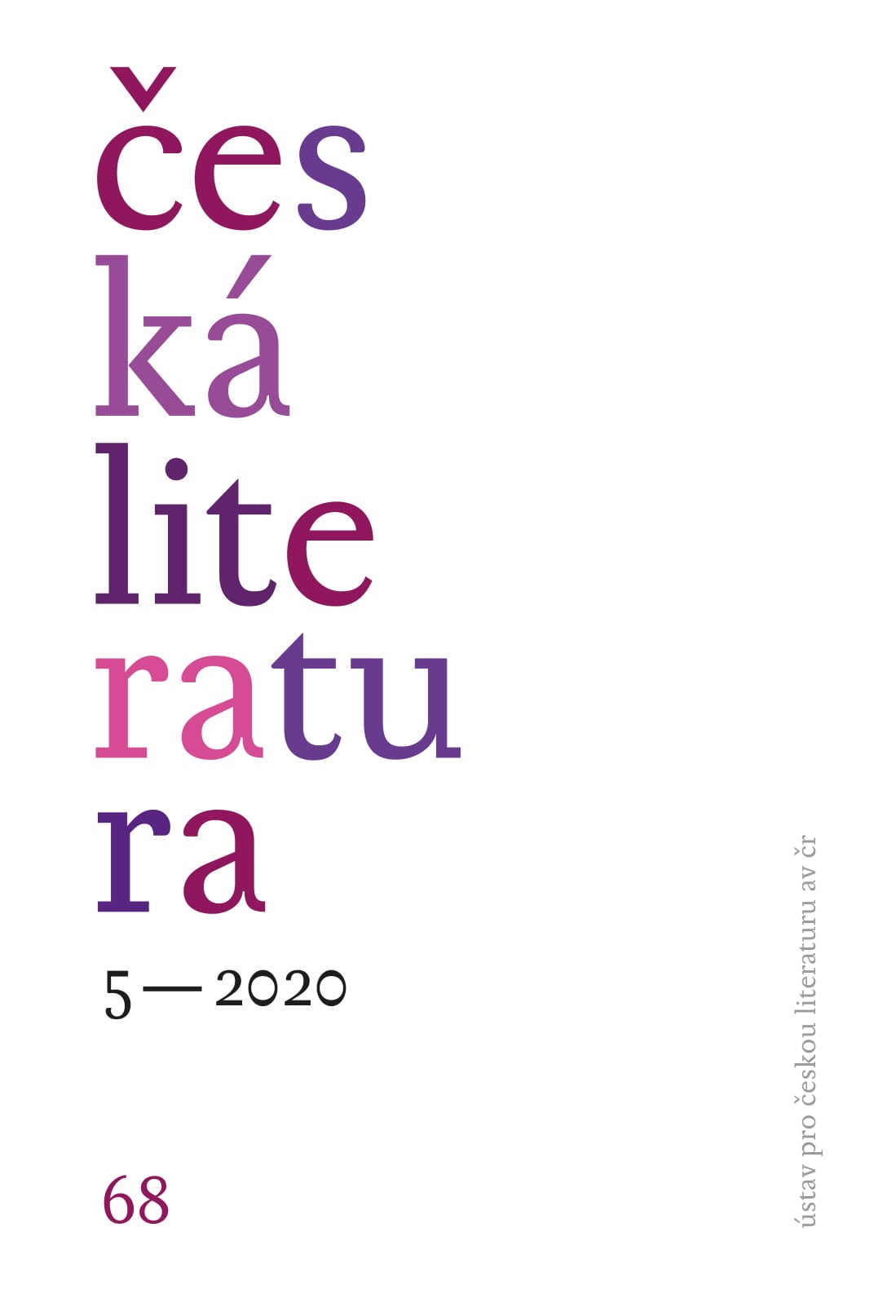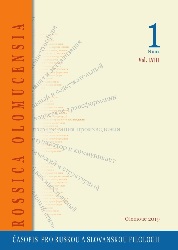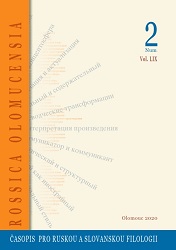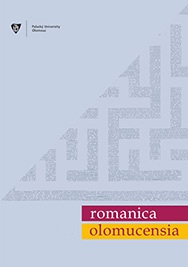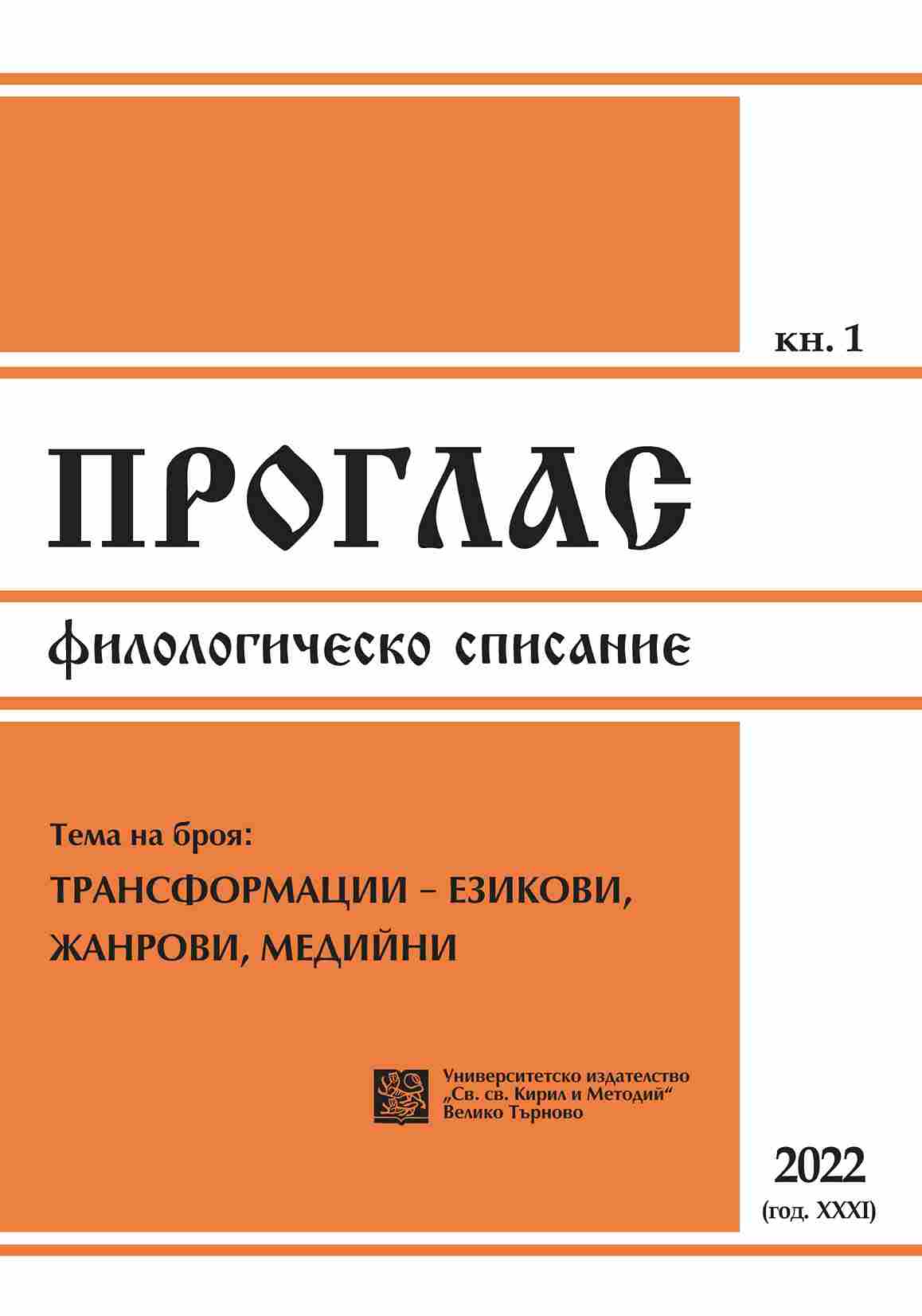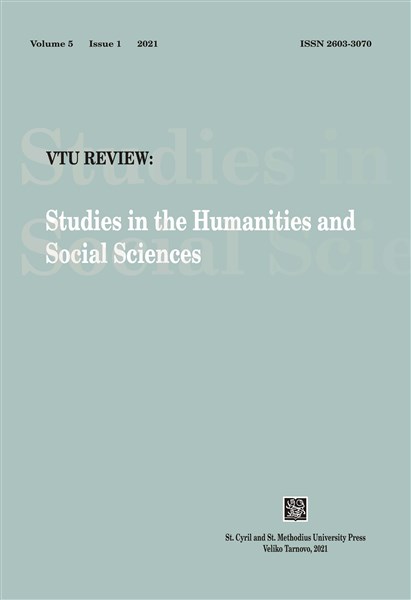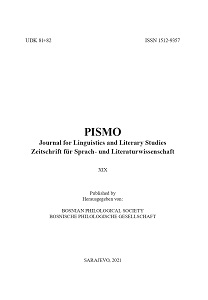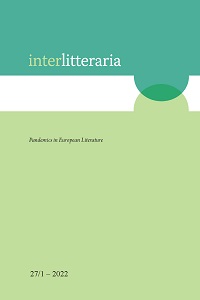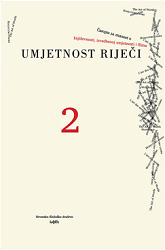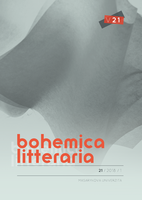
Arnošt Lustig a ti druzí
This article examines changes in the Holocaust/Shoah presentation in literature throughout the several past decades. According to Alvin H. Rosenfeld, the Holocaust is not percieved as an authentic historical event these days and slowly becomes a shared symbol of evil or entertainment. Rosenfeld warns about the possible “end of the Holocaust” in public consciousness. Short stories and novels by Arnošt Lustig are good examples of these changes. Later books by the author accentuate the harsher side of life in the camps (violence, brutality, hetero- and homosexual prostitution, lack of unity among the prisoners etc.). He often records stories of young Jewish girls and women. Their beauty and youth form a moving contrast to the horrors of the Shoah. In the novelette Colette, for instance, many conventional images are used in the narrative. Credibility of presented figures disappears very often, they are “omnipresent” and “omniscient” almost like the famous Forrest Gump. By using various information and statements reproduced by these characters, the author constructs a kind of Auschwitz-Birkenau encyclopedia. The result of this is the loss of authenticity. At the same time, though, a lot of data of this “encyclopedia” is inaccurate. Lustig uses elements of thriller and romance. In works by other well-known authors who write about the Holocaust, various elements can be found: elements of thriller (Jonathan Littell), fantasy, comics, horror as well as porn films (Igor Ostachowicz). Literary texts by both Littel and Ostachowicz are full of violence, brutality and sexual scenes. Like Lustig, Jonathan Littell has created an encyclopedia of Nazi crimes during the WWII with implausible characters and situations in his novel The Kindly Ones. In contrast to Lustig and Littell, Night of the Living Jews by Ostachowicz is more original and impressive. It also brings actual questions concerning the past and relations between Poles and Jews.
More...
